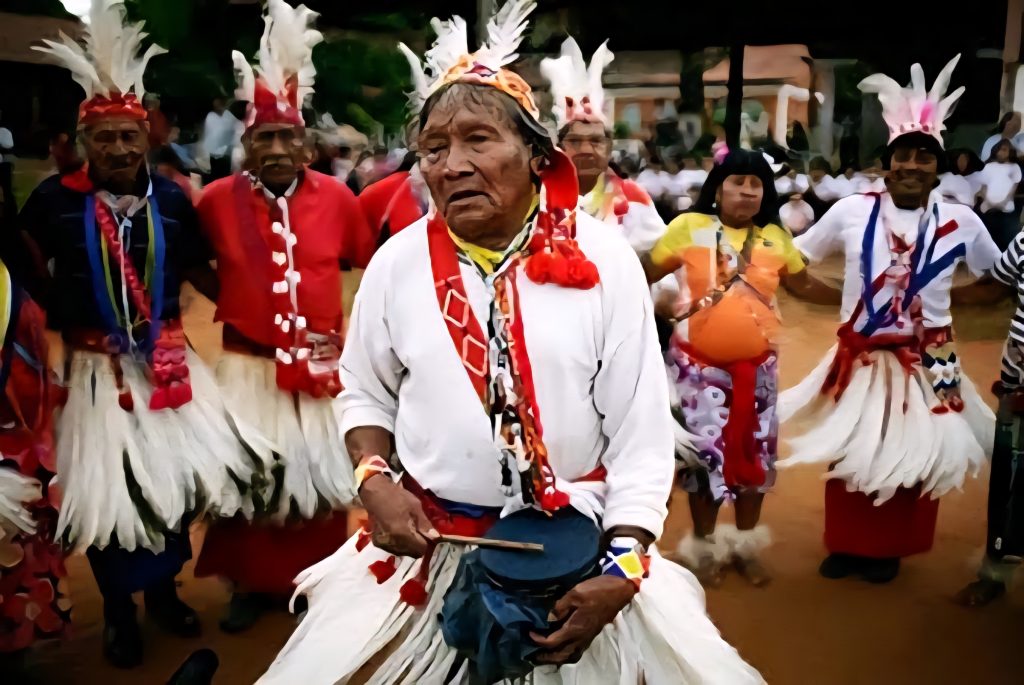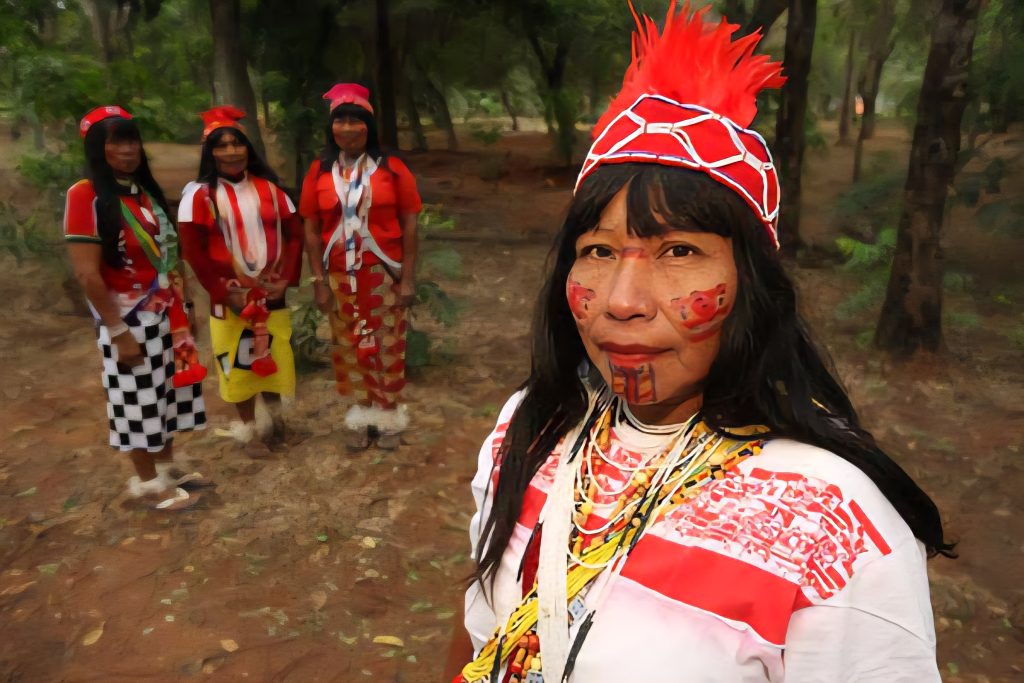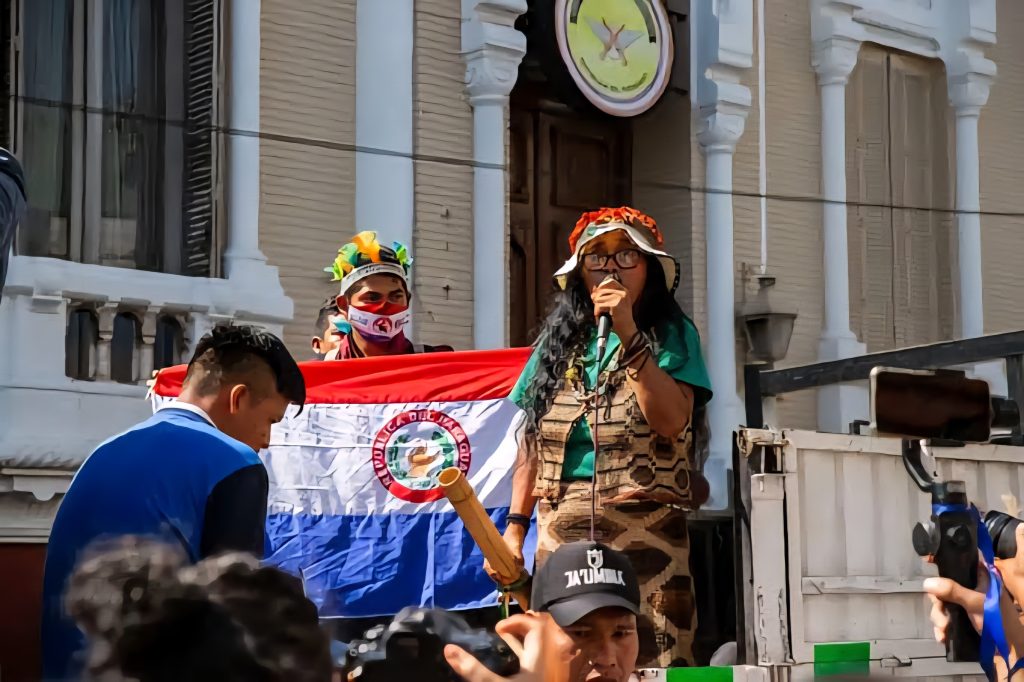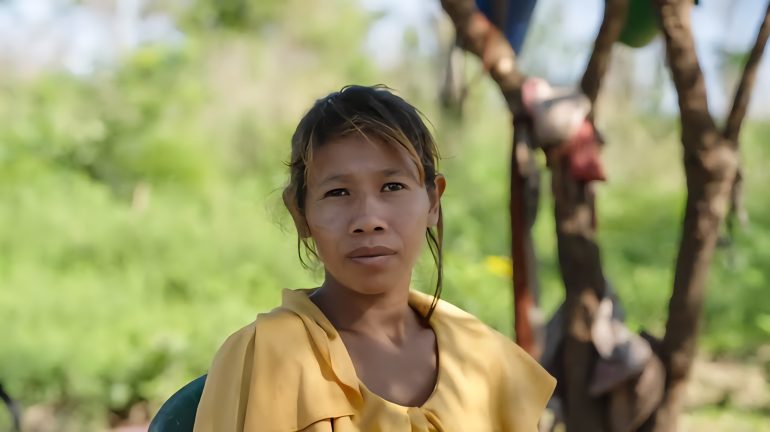Paraguay is a nation that proudly joins the global commemoration of the International Day of Indigenous Women, observed annually on 5 September.
This significant date was established in 1983 to honour the extraordinary legacy of Bartolina Sisa. She was a formidable Aymara leader who was executed by hanging and then quartered in 1782. The order was given by the Spanish colonial authorities due to her heroic resistance against their rule.
The day serves to highlight the invaluable contributions, steadfast resilience, and urgent needs of indigenous women across the world.
Recognising contributions and preserving culture
In Paraguay, this day is marked by a wide range of initiatives, including official ceremonies, community-led gatherings, and vibrant artistic events that collectively celebrate the ancient wisdom and pivotal role of indigenous women in preserving their cultural identity.
Key governmental bodies, such as the Office of the First Lady and the Ministries of Women, Culture, and Tourism. As well the Paraguayan Institute of Handicrafts (IPA), have been instrumental in supporting these events.
These initiatives provide essential services, including healthcare, legal advice, and vocational training. The initiatives also offers crucial spaces for recognising the achievements of numerous communities.
During these commemorative occasions, special accolades have been given to exceptional artisans, traditional dancers, and singers. Additionally, large commemorative murals have been unveiled in public spaces, and the importance of traditional crafts, sustainable agricultural practices, and ancestral medicine has been highlighted as foundational pillars of both cultural identity and community development.



Indigenous women are facing ongoing challenges
Beyond the celebratory tributes, this day also serves as a crucial moment for sober reflection on the ongoing challenges faced by indigenous women in the country. According to the 2022 National Census of Indigenous Peoples, Paraguay is home to more than 140,000 indigenous individuals. Indigeous people represent 19 distinct peoples and five language families.
Despite their central role in the transmission of cultural knowledge and their leadership within their communities, indigenous women are often victims of a form of triple discrimination rooted in their gender, indigenous identity, and economic status.
In various forums and advocacy groups, leaders from diverse communities, including the Nivacle, Guarani, Guana, Qom, Ava, Mbya, Enhlet, and Ache peoples. They have passionately called for greater political participation and fair representation in all decision-making roles.
Recent progress, such as the formation of the first National Organisation of Indigenous Peoples with equal gender representation, is a promising step towards greater empowerment and visibility. Nevertheless, as many indigenous leaders have pointed out, existing legal frameworks still significantly limit the full autonomy and self-governance of their ancestral territories.
Commitment to empowerment and social justice
The Paraguayan Government has reaffirmed its commitment to supporting indigenous women in the development of public policies that genuinely respect their unique worldviews and address their specific needs.
The Minister for Women, Cynthia Figueredo, has underscored this commitment, stating that promoting equality and empowerment for indigenous women is not just a policy goal but a fundamental step towards social justice and honouring the rich diversity of the nation.
Ultimately, the International Day of Indigenous Women in Paraguay is a heartfelt tribute to the memory of those who fought tirelessly against oppression. This day is also a powerful opportunity to acknowledge the resilience, creativity, and transformative power of indigenous women. They continue to sustain the cultural richness of Paraguay through their art, their wisdom, and their unwavering resistance.
Read more: Voices Of Heritage: Paraguay Celebrates Champions Of Indigenous Languages.


